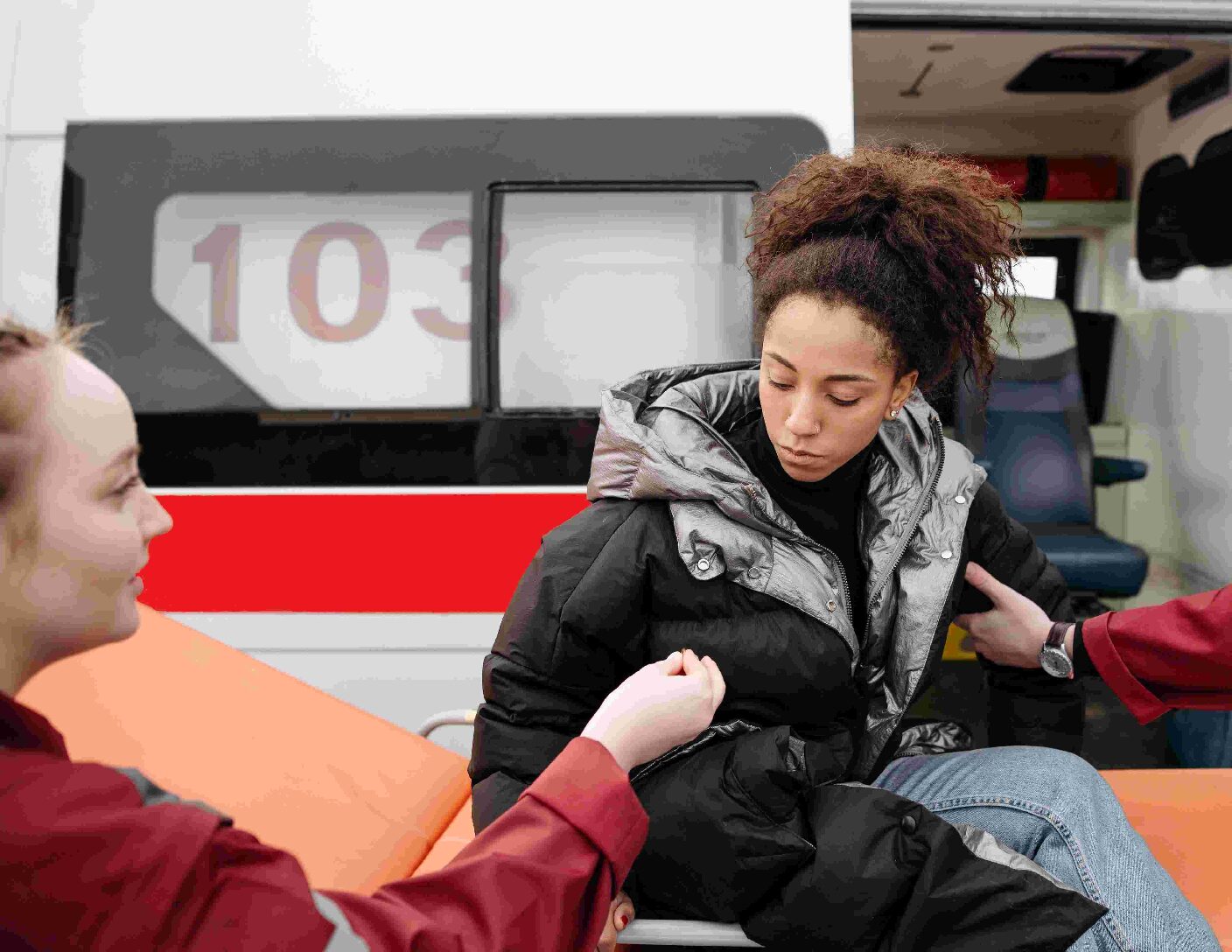Preparing for a Doctor’s Appointment or Initial Therapy Session
The typical doctor’s appointment only lasts 15 minutes. By making a list of concerns and/or issues ahead of time you can ensure that all of your questions are addressed and appropriate treatment is provided. Things to consider before your visit are: any alterations in mood …









